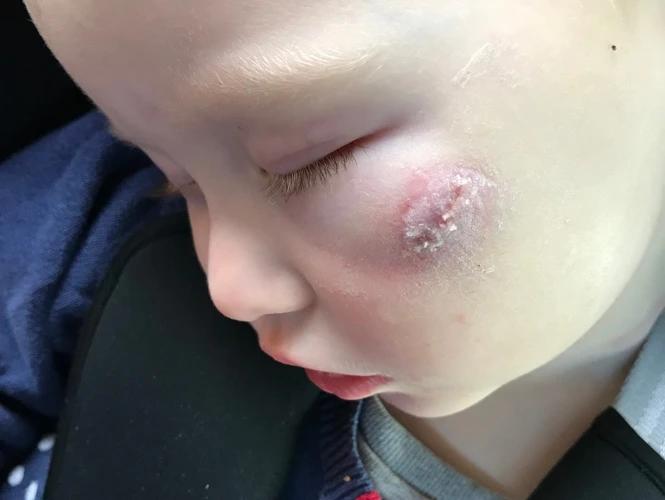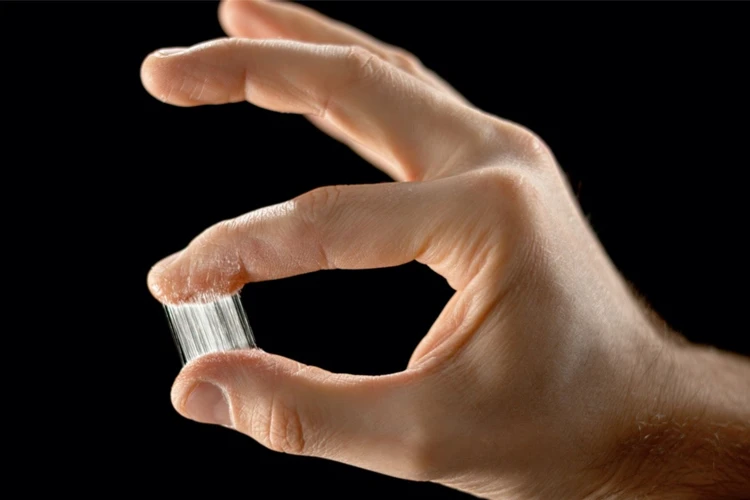Our skin is a resilient barrier, protecting us from various external factors. When it comes to accidental or purposeful application, understanding skin adhesive effects is crucial. Adhesives have diverse formulations, and their interaction with skin can vary significantly.
Is Glue Harmful to Skin?
The question of is glue harmful to skin is not uncommon. Generally, household glues are non-toxic and pose little risk when in contact with skin. However, prolonged exposure or sensitivity can lead to issues that should not be overlooked.
Glue Exposure Skin Reaction
A glue exposure skin reaction can range from mild to severe depending on the type and duration of contact. Symptoms like redness and itchiness are common. Understanding these reactions is vital for prompt and effective treatment.
Types of Skin Glue
Not all adhesives are created equal. The types of skin glue available cater to different needs – from medical procedures to everyday fixes.
Medical Skin Glue vs. Commercial Glue
Medical skin glue is designed for closing wounds and is biocompatible, while commercial glue is meant for general purposes. Both have distinct uses and should not be interchanged without proper knowledge.
When is Skin Glue Typically Used?
Skin glue is often utilized in medical settings to close wounds or surgical incisions. It is also used in various industries and households for minor repairs, albeit with caution.
Glue Safety Tips
Adhering to glue safety tips is essential when handling any type of adhesive to prevent unwanted skin contact and potential hazards.
Applying Glue on Skin: Precautions and Safety Measures
- Wear protective gloves
- Avoid using glue in poorly ventilated areas
- Read and follow the product’s instructions carefully
First Aid for Glue on Skin
In the event of adhesive contact, first aid for glue on skin should be administered promptly. Gently wiping the area with a clean cloth and applying warm soapy water can be the first line of action.
Removing Glue from Skin
Accidents happen, and knowing the correct procedure for removing glue from skin is a handy piece of knowledge that can save you from discomfort and potential skin damage.
Methods for Safely Removing Different Types of Glue
Each glue type may require a specific removal approach. Oils, emollients, or specialized glue removers are often effective, but always refer to the glue manufacturer’s instructions for the best results.
What Not to Do When Removing Glue from Skin
Scrubbing harshly or using sharp objects can lead to further skin damage. Patience and gentle methods are key when dealing with adhesive residues.
Skin Irritation from Glue
Exposure to adhesives can sometimes lead to skin irritation from glue. Recognizing the signs early can help mitigate the effects before they become more serious.
Identifying and Treating Skin Irritation
Indications of irritation include redness, swelling, or blistering. Calm the affected area with cool compresses and seek dermatological products formulated to soothe irritated skin.
When to Seek Medical Attention for Skin Irritation
Should symptoms persist or worsen, it’s important to consult a healthcare professional to prevent infection or further complications.
Glue Allergy Symptoms
Some individuals may develop glue allergy symptoms, which are more severe than typical irritation and require immediate attention.
Recognizing Allergic Reactions to Glue on Skin
Signs of an allergic reaction can include intense itching, hives, or difficulty breathing. It’s critical to identify these symptoms quickly to address them effectively.
Managing Glue Allergies and Skin Care Post-Exposure
For those with known sensitivities, avoiding certain adhesives and carrying antihistamines can be preventive measures. Post-exposure, corticosteroid creams and medical advice may be necessary.
Conclusion
Dealing with glue mishaps can be a sticky situation, especially when it comes to delicate areas like your skin. If you’ve ever wondered about the repercussions of getting nail glue on your skin, you’ll want to read our guide on what to do if nail glue burns your skin. And, while it’s a less common concern, the curious incident of getting super glue on your teeth is not unheard of – discover more in our article about what happens if you get super glue on your teeth. Lastly, for those considering the use of adhesives for cosmetic or costume purposes, our discussion on what glue you can use on your face is an essential read to ensure you’re making safe choices for your skin.
Summary of Glue on Skin Precautions and Treatments
In summary, while adhesives are useful in a multitude of scenarios, they can pose risks if not handled correctly. Recognizing glue exposure skin reaction, administering first aid for glue on skin, and understanding removing glue from skin techniques are essential skills. Always prioritize safety to keep your skin free from harm.


